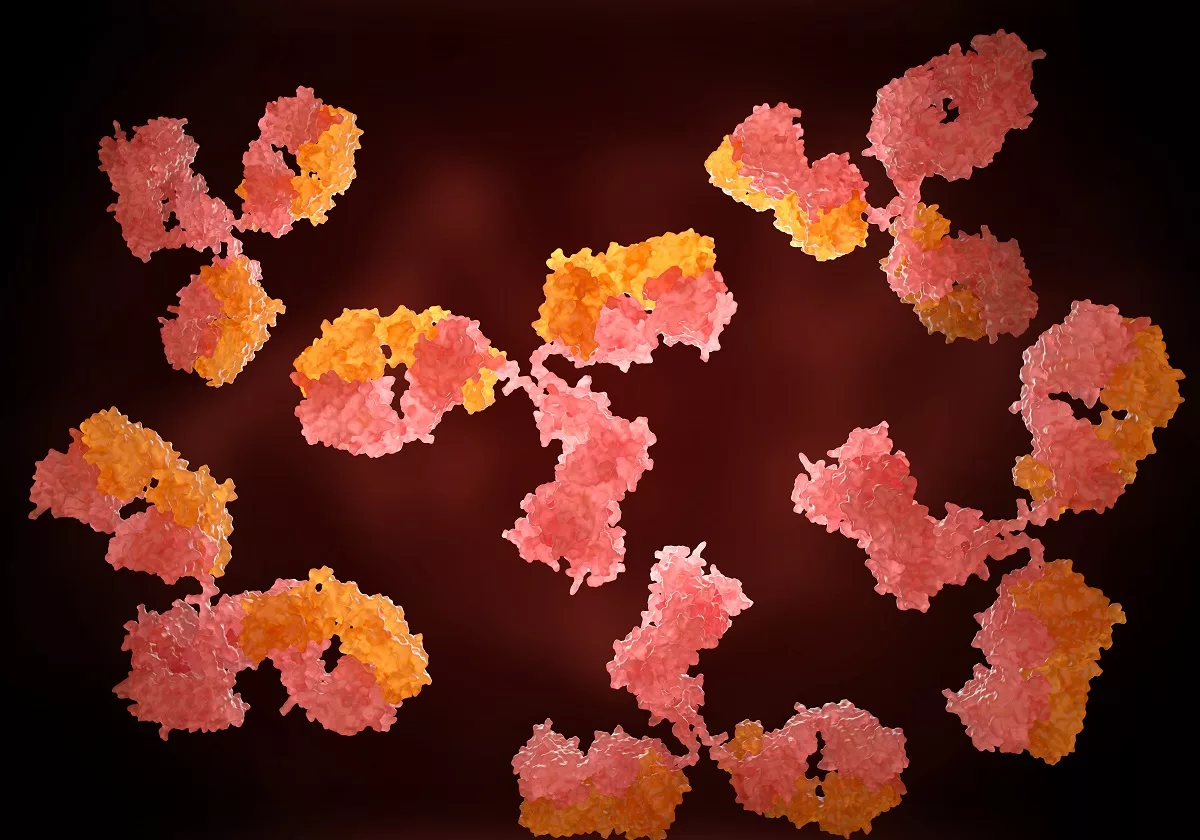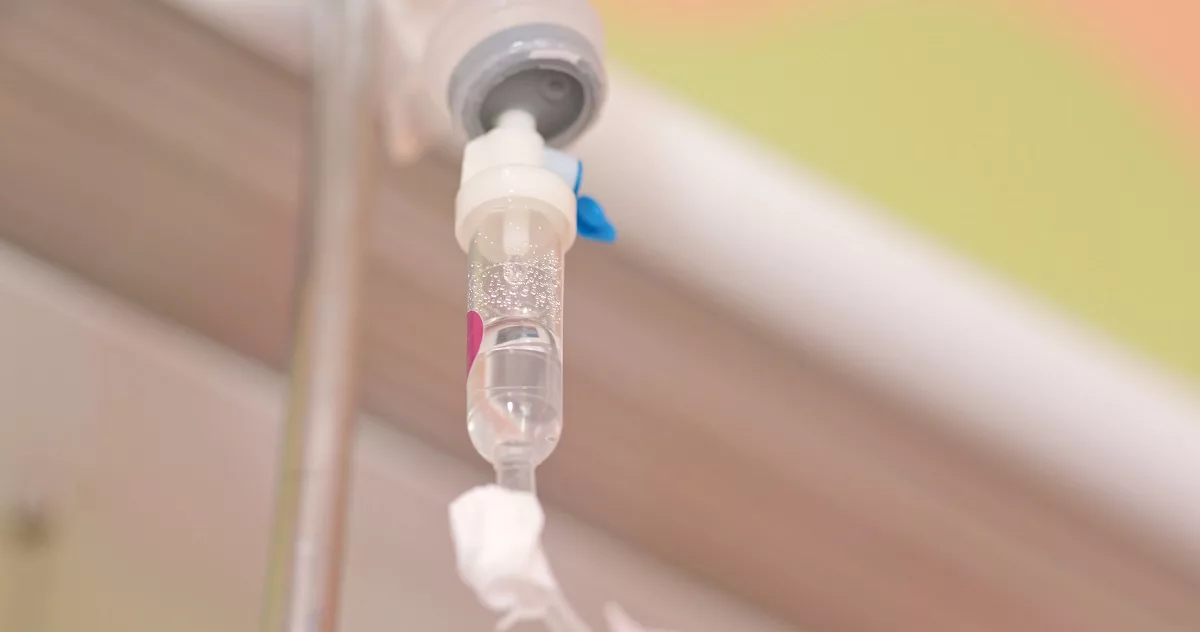A life-threatening condition in which the immune system overreacts to a stressor is called systemic inflammatory response syndrome (SIRS). This reaction can occur due to trauma or a worsening health condition. This condition requires immediate treatment in a hospital. Otherwise, it may lead to permanent damage to the organs and even death. Check below some examples of stressors:
- Acute (sudden and severe) inflammation
- Surgery
- Infections
- Ischemia (reduced blood flow to a part of the body)
- Cancer
In general, it is difficult to determine how many people experience SIRS because, in most cases, people do not get immediate treatment. However, SIRS is common in emergency room departments and intensive care units (ICUs).
According to some research that monitored more than 27,000 hospitalized people, 15% of them met at least 2 diagnostic criteria for SIRS, and 47% of people met the SIRS criteria at least once while staying in the hospital.
Symptoms
There are a lot of health conditions and things that may lead to SIRS, which can cause people to experience different symptoms when it occurs. Check below some symptoms often noticed in people with SIRS:
- Severe fatigue
- Loss of function
- Intense pain
- Swelling (edema) and redness in the affected part of the body
- Tachycardia (fast heart rate)
- Breathing problems
- Fever
- Hypothermia (reduced body temperature)
- Chills
- Shaking
- Warm or clammy/sweaty skin
- Skin rash
- Confusion, agitation, or other mental health problems
- Loss of consciousness
You should call 911 or go to the nearest emergency room if any of the previous symptoms occur. Remember, SIRS is a medical emergency.
Causes
This condition occurs when the body’s defense has an exaggerated response to a stressor. In normal circumstances, the body uses inflammation to help you, but when the response is extreme, it may lead to SIRS. Check below some situations and health conditions that may trigger SIRS:
- Acute pancreatitis
- Blood cancers (hematologic malignancies), including leukemia, lymphoma, multiple myeloma, and others
- Adverse reactions to certain medicines
- Ischemia
- Bacterial infections
- Acute aspiration (it occurs when food or liquid enters your airways and lungs)
- Burns
- Gastrointestinal perforation
- Erythema multiforme
- Sudden worsening of vasculitis
- Substance use disorder
- Trauma
- Toxic shock syndrome
- Viral flu-like conditions
- Widespread fungal infections, especially in people with weakened immune systems (immunocompromised)
Risk Factors
Physicians have identified some factors that could increase your risk of developing SIRS. Examples include:
- Age – People over 65 years old are more prone to develop SIRS.
- Weakened immune system – The immune system may become weakened due to cancer treatments (such as chemotherapy), HIV infection, or an organ transplant.
- Chronic health conditions – These include diabetes, cirrhosis, chronic obstructive pulmonary disease (COPD), and others.
- Existing infections – If you have pneumonia, meningitis, or cellulitis, the risk of developing SIRS significantly increases.
What Are The Potential Complications of SIRS?
People who develop this condition may also experience some complications, such as severe sepsis, septic shock, organ damage, and others. Check below for other complications of SIRS:
- Acute adrenal insufficiency (it occurs when the adrenal glands do not produce enough hormones, such as Cortisol)
- Acute encephalopathy (any brain condition that affects the brain’s function or structure)
- Deep vein thrombosis (DVT)
- Acute respiratory distress syndrome (ARDS)
- Hemolysis
- Acute tubular necrosis
- Acute transaminitis (increased enzyme levels that negatively affect liver function)
- Metabolic acidosis
- Thrombocytosis or thrombocytopenia
- Disseminated intravascular coagulation (DIC)
This document does not contain a full list of complications. However, you can consult with your doctor about ways to reduce the risk of previous complications. In addition, some of the previous complications can be reversible, but some of them are permanent (such as brain damage).
How to Prevent SIRS?
There are some steps that may help reduce the risk or even prevent SIRS. Examples include:
- Regularly wash your hands to prevent infections
- You should keep the wounds clean while they heal
- Keep up to date with recommended vaccines and get routine medical care for chronic health conditions
- Inform your healthcare professional each time you notice new symptoms or worsening of existing ones
- If you suspect an infection, immediately visit your physician
Diagnosis
It is very important to diagnose this condition quickly, as it may lead to death without immediate treatment. Physicians often rely on your medical history, symptoms, and physical examination. Once you are diagnosed with this condition and doctors begin treatment, doctors may perform additional tests to determine the exact cause of SIRS. For example:
- Blood oxygen level
- Urinalysis
- Bacterial culture test
- Imaging tests such as X-rays, ultrasound, or CT (computerized tomography) scans
- Blood tests (including basic metabolic panel, complete blood count, lactic acid test, liver function tests, and kidney function tests)
Usually, to confirm this condition, you should have at least two of the following criteria. Examples include:
- High body temperature (over 100,3 degrees F or 38 degrees C or under 96.8 degrees F or 36 degrees C)
- Fast heart rate (more than 90 beats per minute)
- Respiratory rate more than 20 breaths per minute
- The leukocyte (white blood cell) count is more than 12,000
However, these criteria are slightly different for children. For example, a high fever and abnormal leukocyte count are enough to confirm SIRS because abnormal heart rate and respiratory rate are more common in children.
Treatment
The treatment for this disorder often involves options to treat the underlying cause. It also aims to prevent organ damage and failure. Check below some treatments usually prescribed by doctors for people with SIRS:
- IV fluids to prevent dehydration and blood pressure from dropping too low
- Antibiotics (this group of medicines is used to treat bacterial infections)
- Vasopressor (these medications help reach a healthy blood pressure)
- Corticosteroids (these medications are used to lessen inflammation and reverse shock)
- Insulin to manage blood sugar levels
- Surgery – These include procedures to drain a wound infection, remove damaged tissue, or perform exploratory surgery
People who develop organ failure often require dialysis (for kidney failure) or mechanical ventilation (for respiratory failure).
Frequently Asked Questions
What is the prognosis for SIRS?
The outlook for SIRS depends on several factors, including the underlying cause, how fast you get treatment, and other risk factors (such as a weakened immune system). With prompt treatment, there are a lot of people who recover and return to normal lives. However, approximately 7% of people with SIRS die, especially if they develop sepsis. Check below some mortality rates for sepsis:
- 3% for sepsis
- 2% for severe sepsis
- 28% for septic shock
That’s why it is essential to get treatment as soon as you experience symptoms.
What is the difference between SIRS and sepsis?
Almost everyone who develops sepsis has SIRS, but not everyone with SIRS has sepsis. However, it occurs due to an overreaction of the immune system to a stressor, but sepsis is an infection caused by bacteria, viruses, or fungi.
Can dehydration cause SIRS?
While SIRS often occurs due to an infection, it may also happen due to trauma, ischemia, or dehydration. If you have any other questions, ask your healthcare provider.




